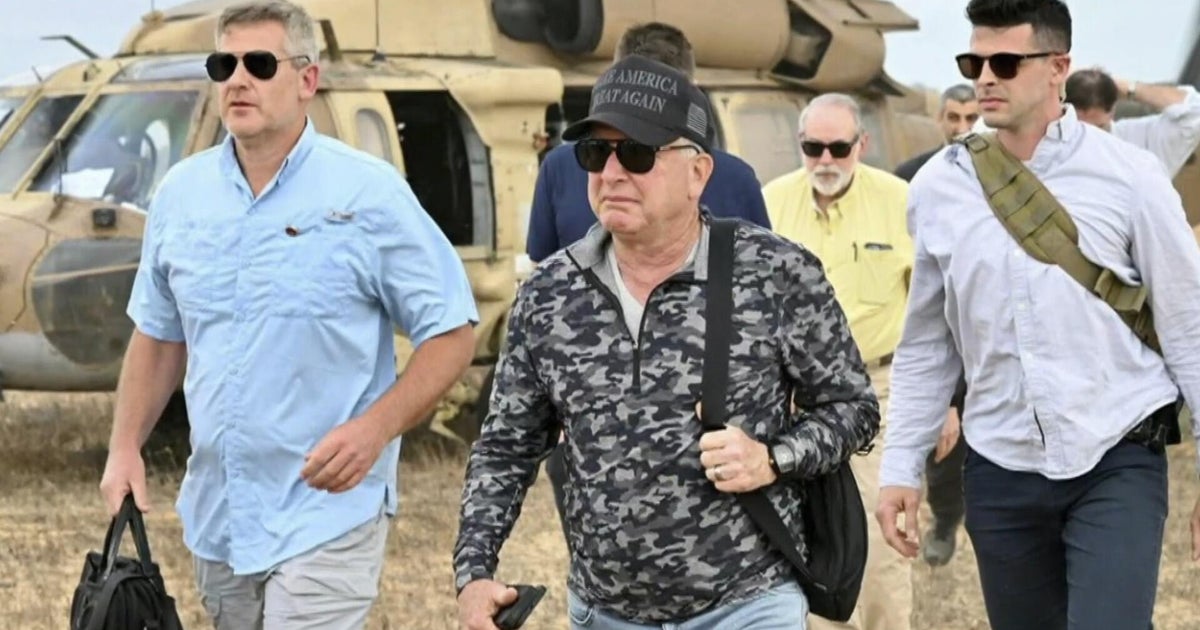
John Bercow (Image: Victoria Jones/PA Wire)
After addressing a major rally of Iranian expats in Berlin amid the Israel-Iran war, a young Iranian woman's tearful question echoed a sentiment shared by millions: "When will Western governments decide to be on our side? We only want your political support and to recognize our right to take back our country. Is this too much to ask?" Her words underscore a critical truth: while the recent conflict between Israel and Iran has seemingly ended, the core struggle between the Iranian regime and its people continues unabated.
The regime's significant losses in the brief war have laid bare its vulnerabilities, creating new opportunities for a domestic opposition movement that has been gaining momentum in recent years. Following nationwide protests in late 2022 and regional defeats in 2024, there is growing hope that the regime's hold on power is precarious.
For too long, the myth propagated by Tehran's proponents – that Iranians would rally behind the flag in response to perceived foreign interference – has influenced international policy. This myth has proven to be false.
The war's end coincidentally aligned with the 44th anniversary of a brutal 1981 massacre of peaceful protesters in Tehran, a stark reminder of the regime's inherent barbarity and its defiance of the Iranian people's will.
Decades of atrocities have reinforced this lesson, yet many democratic governments have regrettably accepted the regime's argument that its rule, however oppressive, is the only alternative to chaos.
This propaganda has fostered a dangerous trend of appeasement among Western nations, including the UK, with leaders often avoiding any mention of regime change, fearing it would lead to costly conflict. This fear was evident again at the outset of the recent war, but quickly proved unfounded.
Maryam Rajavi, the opposition leader designated by the National Council of Resistance of Iran (NCRI) as Iran’s transitional president, articulated the path forward: "neither war nor appeasement. Let the people of Iran themselves, in the battle of destiny, bring down Khamenei and the dictatorship of velayat-e faqih."
In other words, a regime change from bottom up by the Iranian people, for the Iranian people, with no boots on the ground by the US, UK, Israel, or any other western government, as well as no financial or weaponry assistance.
As the United Kingdom knows from its own history, appeasement does not work. While the alternative in 1939 was war, today, democratic nations have a unique opportunity to hold the Iranian regime accountable for its malign activities and human rights violations.
This can be achieved by simply supporting the Iranian people and the organized resistance in recognizing their right to overthrow the mullahs' regime and establish their own government.
The viability of these efforts has been demonstrated by the 2022 uprising, as well as similar movements in 2017 and 2019, and countless other Resistance operations.
The NCRI's principal constituent group, the People’s Mojahedin Organization of Iran (PMOI), has cultivated a nationwide network of “Resistance Units” over the past decade.
These units actively promote regime change, organize protests, confront security forces, and dismantle symbols of the mullahs’ ideology. Despite severe repression, their ranks continue to grow.
Although the policies of the UK and its allies have not yet officially endorsed the Iranian Resistance, there is already significant international support for the NCRI, including majority members of the House of Commons and their peers, mirroring its broad base of support within Iran. This support is fuelled by the growing awareness of the coalition’s concrete plan for both regime change, and the establishment of a truly democratic system.
Invalid email
We use your sign-up to provide content in ways you've consented to and to improve our understanding of you. This may include adverts from us and 3rd parties based on our understanding. You can unsubscribe at any time. Read our Privacy Policy
Maryam Rajavi’s ten-point plan for a democratic future includes commitments to free and fair elections, separation of religion and politics, abolition of the death penalty, judicial independence, gender equality, and equal rights for all religious and ethnic minorities. It also calls for the dismantling of the outgoing regime’s nuclear program.
In the aftermath of the recent war, this vision for Iran’s future is more appealing than ever, especially given that the mullahs’ wasteful nuclear program was a primary cause of the conflict.
Western powers should recognize this appeal and view the war’s end as an opportunity to move beyond outdated dichotomies and the unfortunate tradition of appeasement. It is time to design policies that keep the mullahs’ regime vulnerable and empower the Iranian people to revolt and achieve lasting regime change.
It's time to dispel another myth: "There Is No Alternative." A viable democratic alternative exists in Iran. It is time to provide the moral and political support to the Iranian people and the organized Resistance that has been denied for too long.
By focusing on this "Third Option," a happy ending to Iran’s misery is possible, helping Iranians reclaim their country from the clutches of the mullahs and a new dawn for Iran and the whole Middle East.
John Bercow was the Speaker of the House of Commons from 2009 to 2019.

 4 weeks ago
13
4 weeks ago
13








![35-year-old American moved to Chengdu and lives on $30,000 a year: '[It's] poverty in America, but in China I'm living large'](https://image.cnbcfm.com/api/v1/image/108167583-1751548516689-chinacelia1.jpg?v=1751549197&w=1920&h=1080)

 English (US) ·
English (US) ·